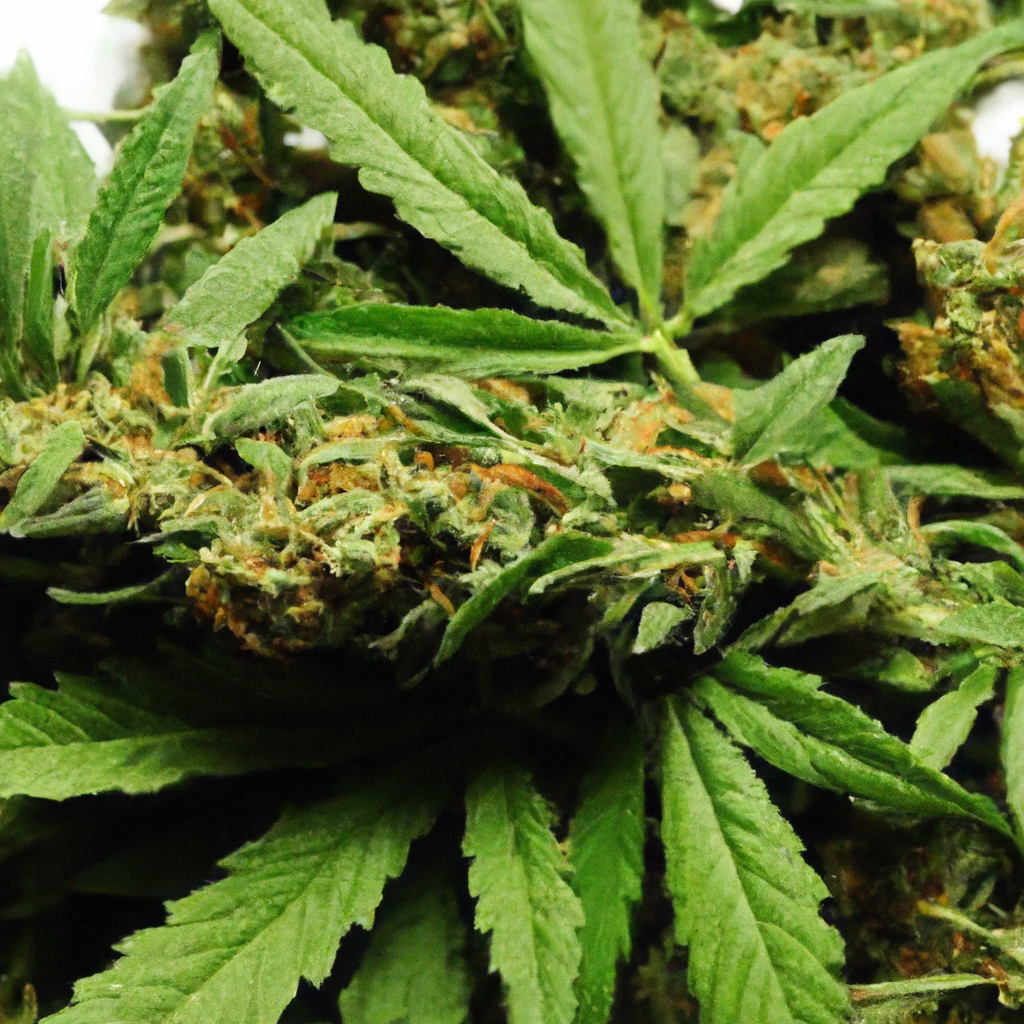by John “Magic” Greenleaf | “Growing greatness, one strain at a time.”
Introduction
As we continue to reveal the myriad medicinal benefits of cannabis, its role in managing Post-Traumatic Stress Disorder (PTSD) is becoming increasingly significant. As a seasoned cultivator in Colorado, I have witnessed firsthand how cannabis can serve as a natural ally for those dealing with the repercussions of traumatic experiences. In this article, we delve into how specific strains and cultivation techniques can optimize cannabis’s therapeutic effects for PTSD.
Understanding PTSD and the Potential of Cannabis
PTSD is a mental health disorder triggered by experiencing or witnessing a traumatic event. Symptoms can include flashbacks, severe anxiety, and uncontrollable thoughts about the event. While traditional medications can be effective, they come with a range of side effects, leading many to seek alternative treatments like cannabis.
Cannabis, particularly rich in cannabinoids like THC and CBD, interacts with brain receptors to regulate mood, sleep, and pain—crucial factors in PTSD management. Reports from patients indicate that certain strains can help in reducing anxiety and improving sleep quality.
Choosing the Right Strains
Not all cannabis strains are created equal, especially when it comes to managing PTSD. Here are three strains I’ve cultivated that have shown promising results:
- “Magic Kush”: This indica-dominant strain is revered for its strong calming effects, making it perfect for mitigating anxiety and helping with sleep.
- “Mile High Mystique”: Known for enhancing relaxation without overwhelming sedation, this hybrid features a complex terpene profile that aids in mood stabilization.
- “Zenith Zen”: A sativa that promotes mental clarity and euphoria, helping in facing the day with positivity and reduced mental fog.
Optimizing Cultivation for Medicinal Benefits
In my 30 years of cultivation, I’ve honed practices that maximize the efficacy of cannabis grown for medicinal use. Here are a few tips:
Environmental Control
Maintaining precise control over the growing environment, with a focus on humidity and light, influences cannabinoid and terpene profiles, enhancing therapeutic outcomes.
Genetic Selection
Cultivating strains with specific traits through phenotype selection ensures consistent and reliable results for medicinal users, especially important for sensitive conditions like PTSD.
Sustainable Practices
Using organic soil and drip irrigation not only supports better plant health but also ensures that the end product is free from harmful chemicals, maintaining the integrity of its medicinal properties.
Conclusion
With ongoing research and more patient testimonies, the role of cannabis in managing PTSD continues to expand. It holds promise not only as a symptom alleviator but also as a catalyst for a better quality of life. By choosing the right strains and optimizing cultivation practices, we can continue to unlock cannabis’s full potential as a tool for healing.
Healthy roots, healthy buds, happy harvests.


Leave a Reply